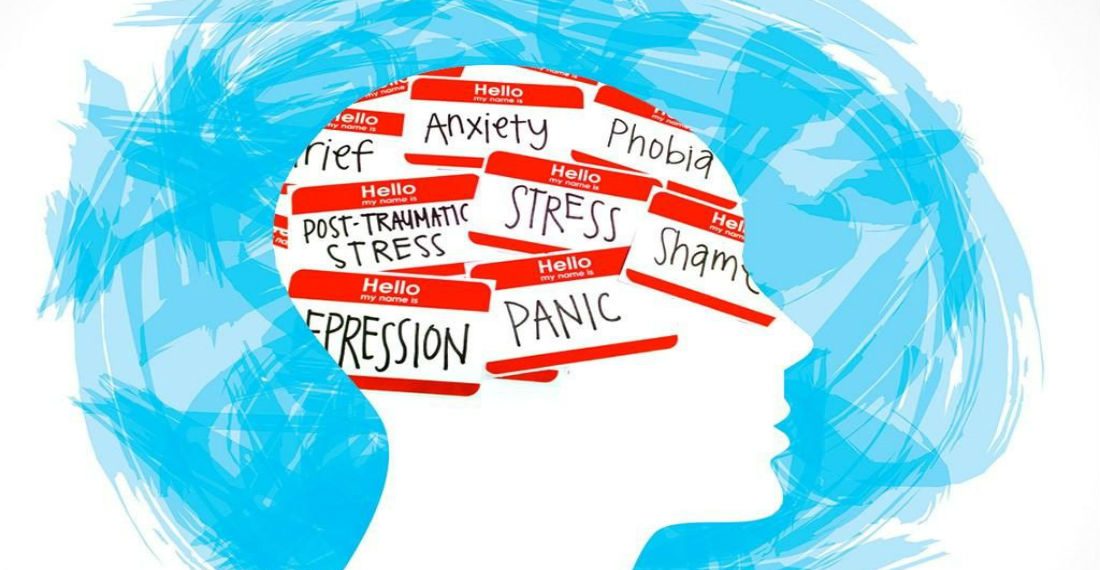A new study published Friday in JAMA Network Open reveals that mental health apps overwhelmingly share user data with big advertisers, even though users might not be aware of this practice.
In a study published in the journal JAMA Network Open, the researchers found that out of 36 top apps for treating depression and smoking addiction, 29 were transmitting user data to advertising companies like Google and Facebook. Out of those 29, only 12 disclosed this data sharing agreement in their privacy policy.
“It’s really hard to make an informed decision about using an app if you don’t even know who’s going to get access to some information about you,” said John Torous, a co-author of the study.
Much of the data shared by app did not immediately identify the user or was even strictly medical. Out of 36 apps shared the information which gives advertisers or data analytics companies insights into people’s digital behavior.
“Even knowing that a user has a mental health or smoking cessation app downloaded on their phone is valuable ‘health-related’ data,” Quinn Grundy, an assistant professor at the University of Toronto who studies corporate influences on health told in an interview.
The researchers don’t know what these third-party sites were doing with this user data. “We live in an age where, with enough breadcrumbs, it’s possible to reidentify people,” Torous says. It’s also possible the breadcrumbs just sit there, he says — but for now, they just don’t know. “What happens to this digital data is kind of a mystery.” But Chan worries about the potential, invisible risks. “Potentially advertisers could use this to compromise someone’s privacy and sway their treatment decisions,” he says. For example, what if an advertiser discovers someone is trying to quit smoking? “Maybe if someone is interested in smoking, would they be interested in electronic cigarettes?” Chan says. “Or could they potentially introduce them to other similar products, like alcohol?”
“Data sharing with third parties that includes linkable identifiers is prevalent and focused on services provided by Google and Facebook. Despite this, most apps offer users no way to anticipate that data will be shared in this way. As a result, users are denied an informed choice about whether such sharing is acceptable to them,” concluded the study.


